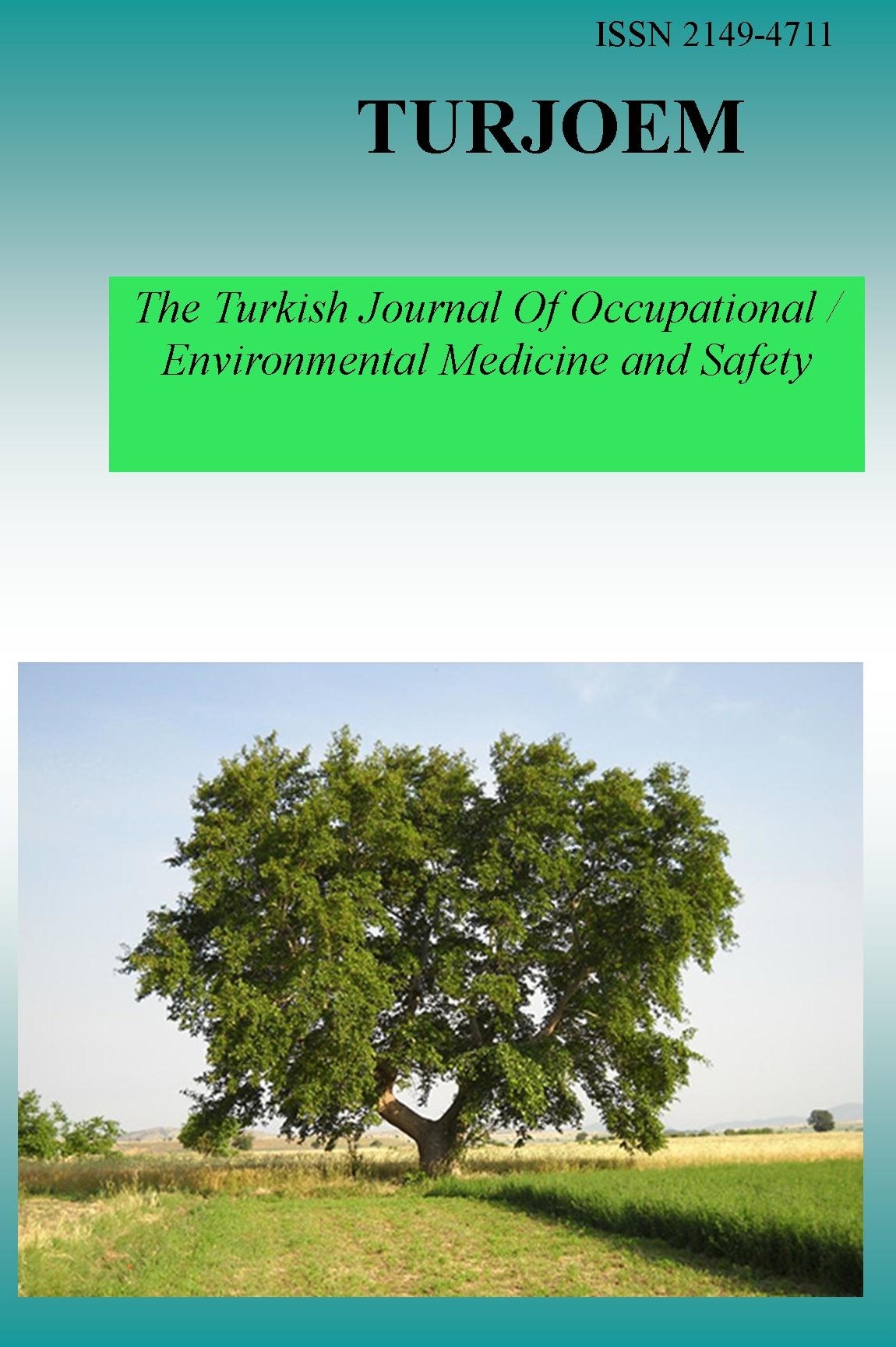THE IMPORTANCE OF ACCREDITATION IN FORENSIC TOXICOLOGY
THE IMPORTANCE OF ACCREDITATION IN FORENSIC TOXICOLOGY
THE IMPORTANCE OF ACCREDITATION IN FORENSIC TOXICOLOGY Dilek SALKIM IŞLEK, Salih CENGIZ, Fatma ÇAVUŞ, Gülten RAYIMOĞLU,
___
- Dilek SALKIM IŞLEK, Salih CENGIZ, Fatma ÇAVUŞ, Gülten RAYIMOĞLU, Emel Hülya YÜKSELOĞLU
- ISSN: 2149-4711
- Başlangıç: 2015
- Yayıncı: Engin TUTKUN
LIPEMIA INTERFERENCE ON ETHANOL ASSAY
Özlem DOĞAN, Metin GENÇ, Zihni KARAEREN, Berrin İmge ERGÜDER, Aslıhan AVCI
CHALLENGES IN IDENTIFYING THE NEW-GENERATION PSYCHOACTIVE SUBSTANCES
Dilek SALKIM IŞLEK, Salih CENGIZ, Gülten RAYIMOĞLU, Fatma ÇAVUŞ, Emel Hülya YÜKSELOĞLU
Özlem DEMİRCİ, Kemal GÜVEN, Dilek ASMA, Serdal ÖĞÜT
TOXICITIES FROM ILLICIT AND ABUSED DRUGS IN CATS AND DOGS
Begum YURDAKOK-DIKMEN, Ayhan FILAZI
Cansu AKBULUT, Büşra FİDAN, Mustafa ZENGİN, Nazan Deniz YÖN
HUMAN PLASMA OCHRATOXIN A LEVELS AND CORRELATION WITH HUMAN RENAL CANCERS
Mehmet Akif KILIC, Firdevs MOR, Ayşegül KARGI
ESTIMATION OF THE MEASUREMENT UNCERTAINTY OF DIGOXIN
P. BARAN, C. BAL, S. TURHAN, O. ŞEN, O. EREL
EVALUATION OF MEASUREMENT UNCERTAINTY FOR CARBAMAZEPINE
Almila ŞENAT, Serpil ERDOGAN, Ceylan BAL, Orhan SEN, Pervin BARAN, Ozcan EREL
MOLACULARLY IMPRINTED MAGNETIC CHITOSAN BEADS FOR SELECTIVE REMOVAL OF TEXTILE DYES FROM WASTE WATER
Ahmet ESER, Tülin AYDEMIR, Ayşe DINÇER
Feriha YILDIRIM, Leila MEHRNIA, Pınar ASLAN, Kevser YILMAZ, A.Çağlan KARASU BENLI, Figen ERKOÇ
